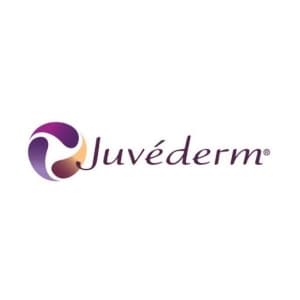At Cosmetic Courses, our relationship with our course delegates doesn’t end when their training does. We believe in supporting all our delegates as they embark on the exciting journey of carving out a successful career in the field of aesthetics. From the practicalities of setting up in business, to furthering your repertoire of treatments, to finding and growing your client base, we’ve a comprehensive support network in place that means once you train with us, we’re there to help you every step of the way.
Although the quality of our aesthetic training has traditionally been our strong suit, we’ve listened to your feedback about wanting more help on the marketing side, and have responded by creating a new sister website to help you.
What’s the NCN – and how can it help you?
The National Cosmetic Network (TheNCN.co.uk) is a specialist clinic finder website that allows people to find and compare reputable aesthetic clinics close to them.
Our aim with the site is twofold – to give patients an easy way to find the most qualified, reputable practitioners in their area, and to help practitioners of a high standard to increase their client base.
The website shares information on non-surgical treatments, from the most established skin treatments, anti-wrinkle injections and facial fillers, to treatments for excessive sweating and thread veins, as well as innovative treatments like PRP Therapy.
A search function then lets people find quality clinics in their local area that offer the treatments. So a well-written listing that showcases your credentials could attract plenty of new clients to you.
How to get your FREE listing on the NCN
To make sure only clinics with the highest professional standards are listed on the site, and safeguard people seeking treatment, only clinics we personally approve make it onto the NCN.
And because every practitioner who has completed training with us has demonstrated they meet the required standard, we give all Cosmetic Courses delegates a free 6-month listing on the NCN for the treatments they have trained in.
When you complete any course from our varied programme, you will automatically be given a free listing on the site to help your potential patients find you.
Please feel free to take a look at the NCN website, and let us know what you think on our Facebook page. If you’d like any more information on the NCN, or any of our training courses, please get in touch with the team on 01844 390110 or email [email protected].
 it needs. That’s why medical advancements such as Juvéderm have done so much to improve the nature of our skin while we age, allowing us to rejuvenate and heal skin that’s begun to sag and wrinkle. As we battle against pollution in the area, stress, sunlight and unhealthy lifestyles like smoking, new medical treatments are always available to help us recover our appearance when necessary. The truth is our skin is taking the brunt of the damage in our current lifestyles, taking most of the hits like sun damage and stress-related aging. Our skin is actually aging faster than it should because of the rough life it’s going through.
it needs. That’s why medical advancements such as Juvéderm have done so much to improve the nature of our skin while we age, allowing us to rejuvenate and heal skin that’s begun to sag and wrinkle. As we battle against pollution in the area, stress, sunlight and unhealthy lifestyles like smoking, new medical treatments are always available to help us recover our appearance when necessary. The truth is our skin is taking the brunt of the damage in our current lifestyles, taking most of the hits like sun damage and stress-related aging. Our skin is actually aging faster than it should because of the rough life it’s going through.






